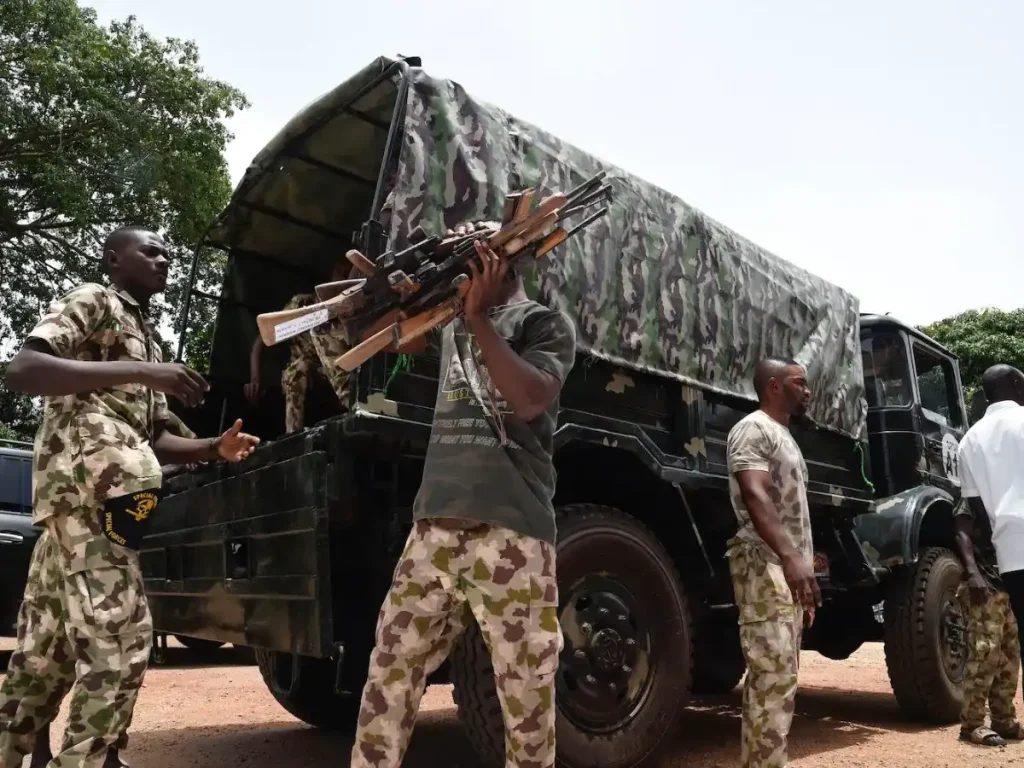A serious diplomatic crisis is brewing between Nigeria and the United States. Following U.S. President Donald Trump’s announcement of plans for potential military action in Nigeria, the Nigerian government has issued stern rejections.
This external threat coincided with President Trump’s decision to re-label the country as a “Country of Particular Concern” regarding religious freedom.
President Trump publicly stated that “Christianity is facing an existential threat in Nigeria.” He subsequently ordered the Pentagon to initiate military planning. Furthermore, he warned the U.S. would “immediately stop all aid and assistance” if the violence does not cease.
Nigerian Leadership Rejects US Label
Nigerian President Bola Tinubu countered the U.S. assessment. He asserted that the description of the crisis “does not reflect the national reality.” President Tinubu emphasized that religious freedom and tolerance form a core principle of the nation’s collective identity.
The Nigerian government has consistently disputed claims of systematic persecution targeting any specific religious group.
This is the second instance of the U.S. applying the stringent designation to Nigeria. The nation was initially placed on the list in 2020. However, that designation was officially removed in 2023.
Violence Complicates Simple Religious Narratives
Nigeria is grappling with a highly complex and varied security crisis. The ongoing violence includes attacks by extremist groups, persistent farmer-herder conflicts, and regional separatist movements.
While attacks on Christians have garnered significant international attention, security analysts highlight a crucial detail: Muslims often comprise the majority of victims in the predominantly Muslim northern regions.
Given that Nigeria’s population is almost evenly divided between Christianity and Islam, the violence impacts numerous faiths, complicating narratives of unilateral religious persecution.
Public Divided on Accepting Foreign Help
The recent U.S. move has sparked an intense and divided debate within Nigeria. Some citizens strongly view the action as unwarranted foreign interference in Nigeria’s sovereign affairs. Conversely, others are open to the potential benefits of international assistance to end the turmoil.
Broadcaster Cyril Abaku reflected this pragmatic view. “If it will end in security, we welcome it,” he stated. Abaku argued for collaboration:
“We shouldn’t see it as ‘we’ versus ‘them’. It should be, if you want to come in, we welcome it and let’s collaborate.”
This stark division underscores the widespread desperation for effective solutions amid violence that leaves many communities feeling deeply unsafe.
ALSO READ: Samia Hassan Inaugurated After Contested Election Sparks Riots






